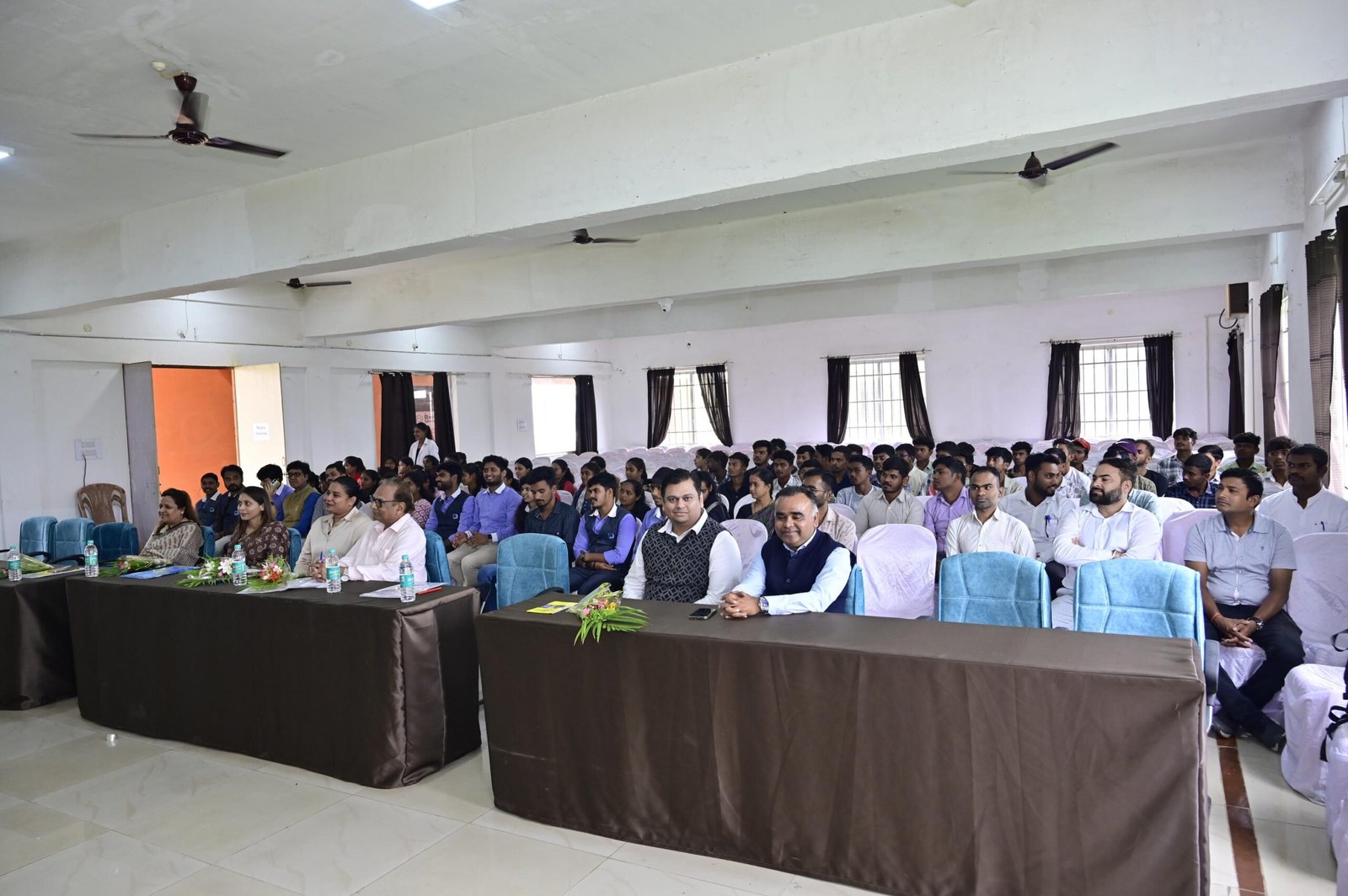
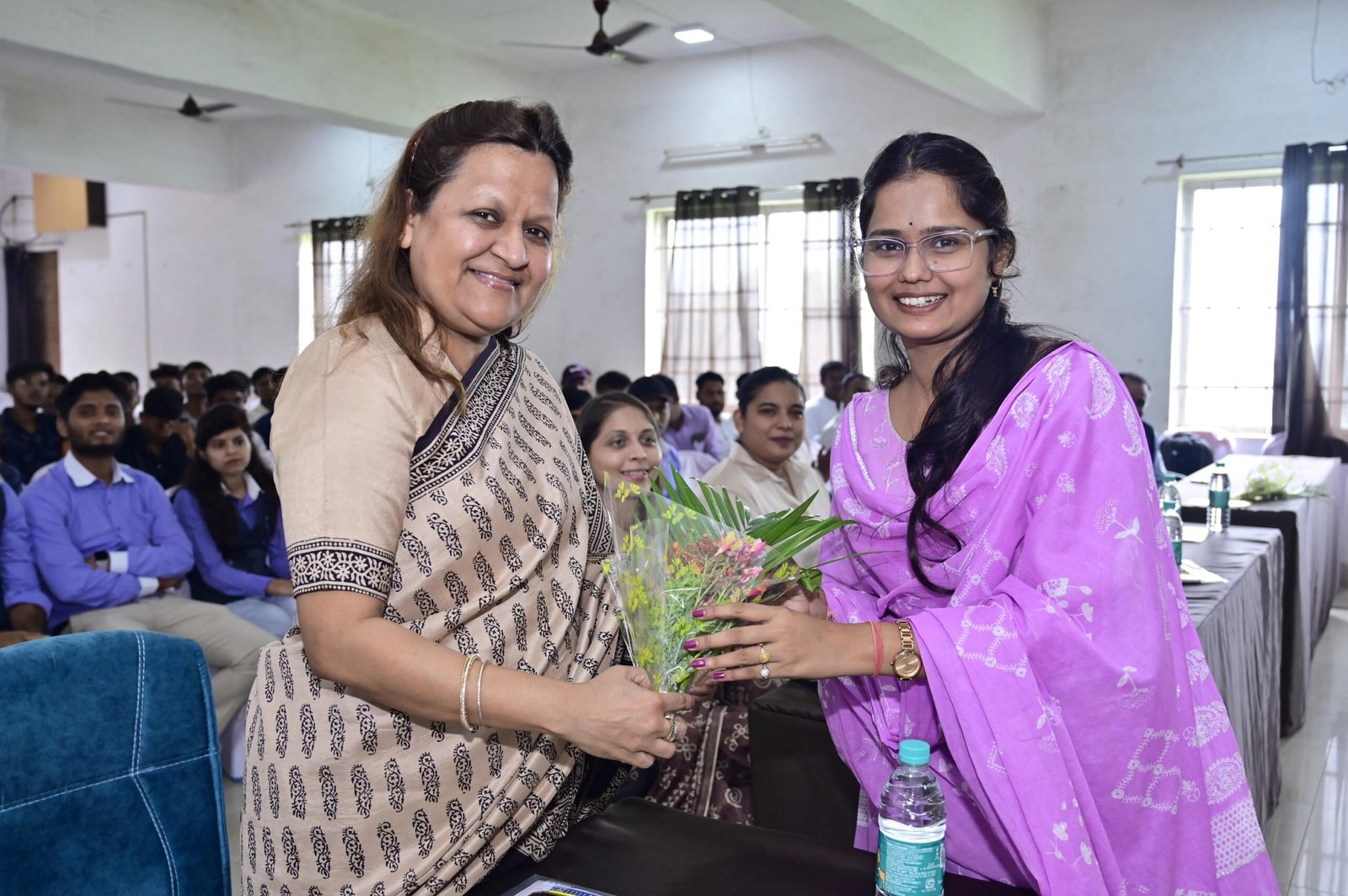
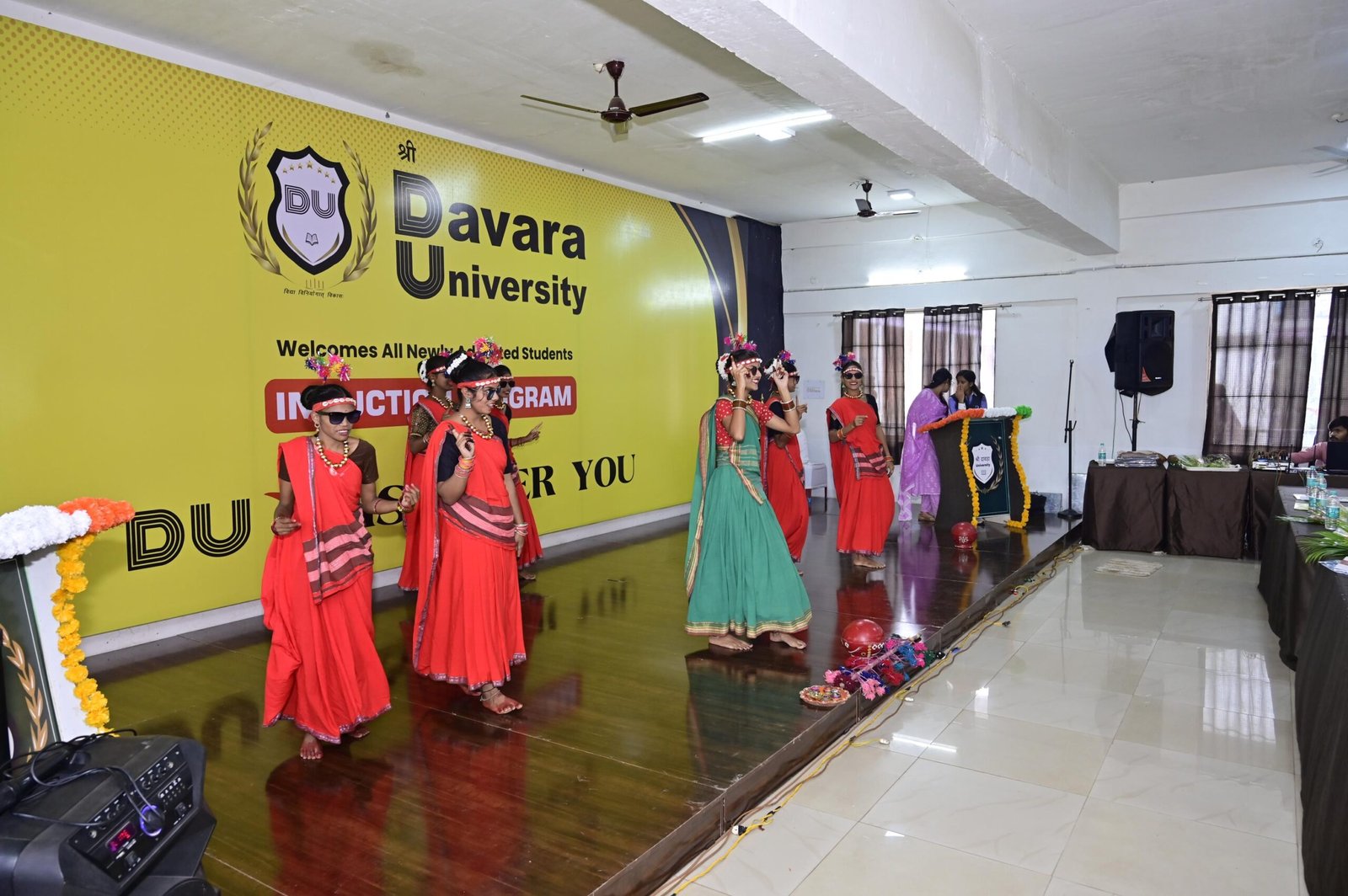
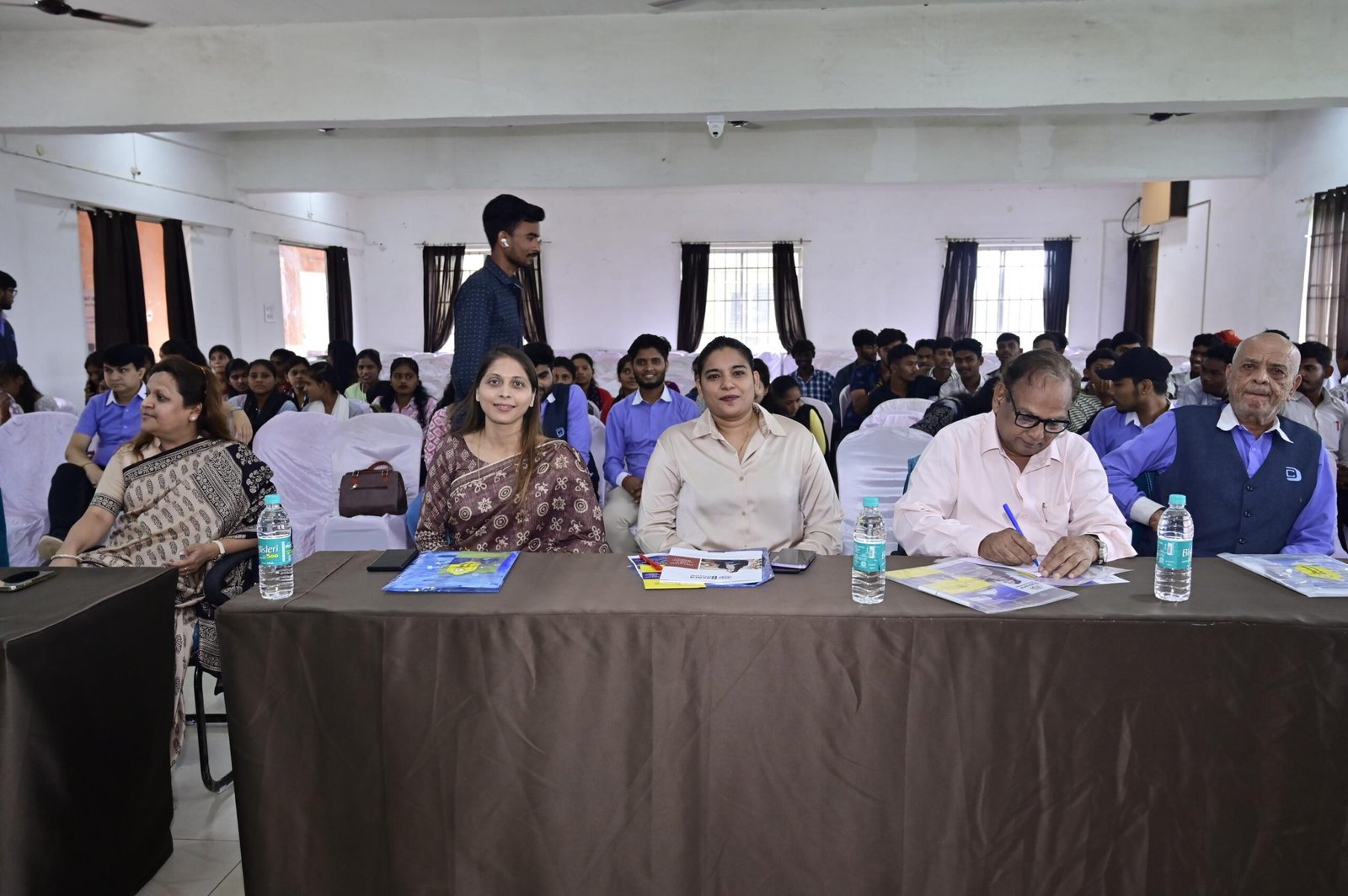
An M.Sc. in Yoga is a postgraduate 2-year postgraduate degree program designed to refine your understanding and practice of yoga. It delves deeper into the philosophical, scientific, and therapeutic aspects of yoga, preparing graduates for advanced roles in the field. o prepares professionals in yoga science who can teach at colleges and universities.
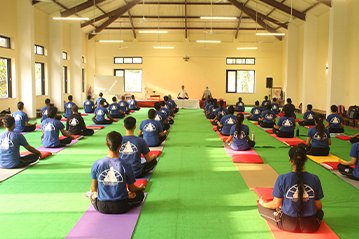
Affordable tuition, financial aid, and scholarships to make your education attainable.
Fully accredited programs ensuring your degree is respected and recognized globally.
A wide range of programs in arts, sciences, business, and technology to fit your career goals.
Proven success with high employment rates and graduates at top companies worldwide.
An M.Sc. in Yoga is a 2-year postgraduate program designed to provide a comprehensive understanding of yoga’s philosophical, scientific, and therapeutic dimensions. It goes beyond the practice of asanas and pranayama, delving into the intricacies of yoga philosophy, anatomy, physiology, and psychology. Students engage in rigorous study and research, exploring the evidence-based benefits of yoga for physical and mental well-being. The program often includes practical training in yoga teaching and therapy, equipping graduates with the skills to lead and guide others on their yoga journeys.
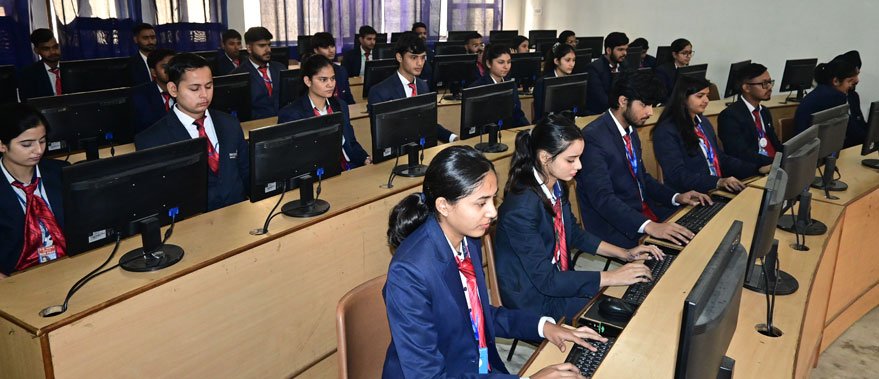
Apply the knowledge of mathematics, science, engineering fundamentals, and an engineering specialization to the solution of complex engineering problems.
Identify, formulate, research literature, and analyze complex engineering problems reaching substantiated conclusions using first principles of mathematics, natural sciences, and engineering sciences.
Design solutions for complex engineering problems and design system components or processes that meet the specified needs with appropriate consideration for the public health and safety and the cultural, societal, and environmental considerations.
Use research-based knowledge and research methods including design of experiments, analysis and interpretation of data, and synthesis of the information to provide valid conclusions.
Create, select, and apply appropriate techniques, resources, and modern engineering and IT tools including prediction and modeling to complex engineering activities with an understanding of the limitations.
Apply reasoning informed by the contextual knowledge to assess societal, health, safety, legal and cultural issues and the consequent responsibilities relevant to the professional engineering practice.
Understand the impact of the professional engineering solutions in societal and environmental contexts, and demonstrate the knowledge of, and need for sustainable development.
Apply ethical principles and commit to professional ethics and responsibilities and norms of the engineering practice.
Function effectively as an individual, and as a member or leader in diverse teams, and in multidisciplinary settings.
Communicate effectively on complex engineering activities with the engineering community and with society at large, such as, being able to comprehend and write effective reports and design documentation, make effective presentations, and give and receive clear instructions.
Demonstrate knowledge and understanding of the engineering and management principles and apply these to one’s own work, as a member and leader in a team, to manage projects and in multidisciplinary environments.
Recognize the need for, and have the preparation and ability to engage in independent and lifelong learning in the broadest context of technological change.






